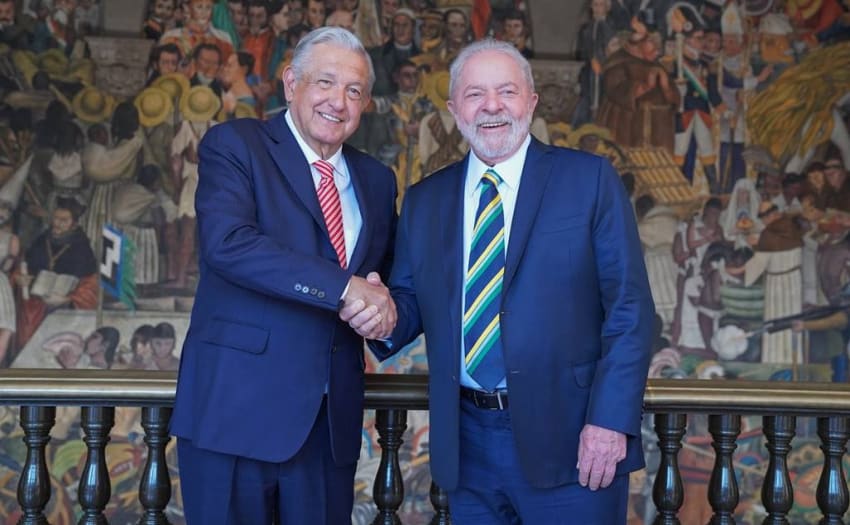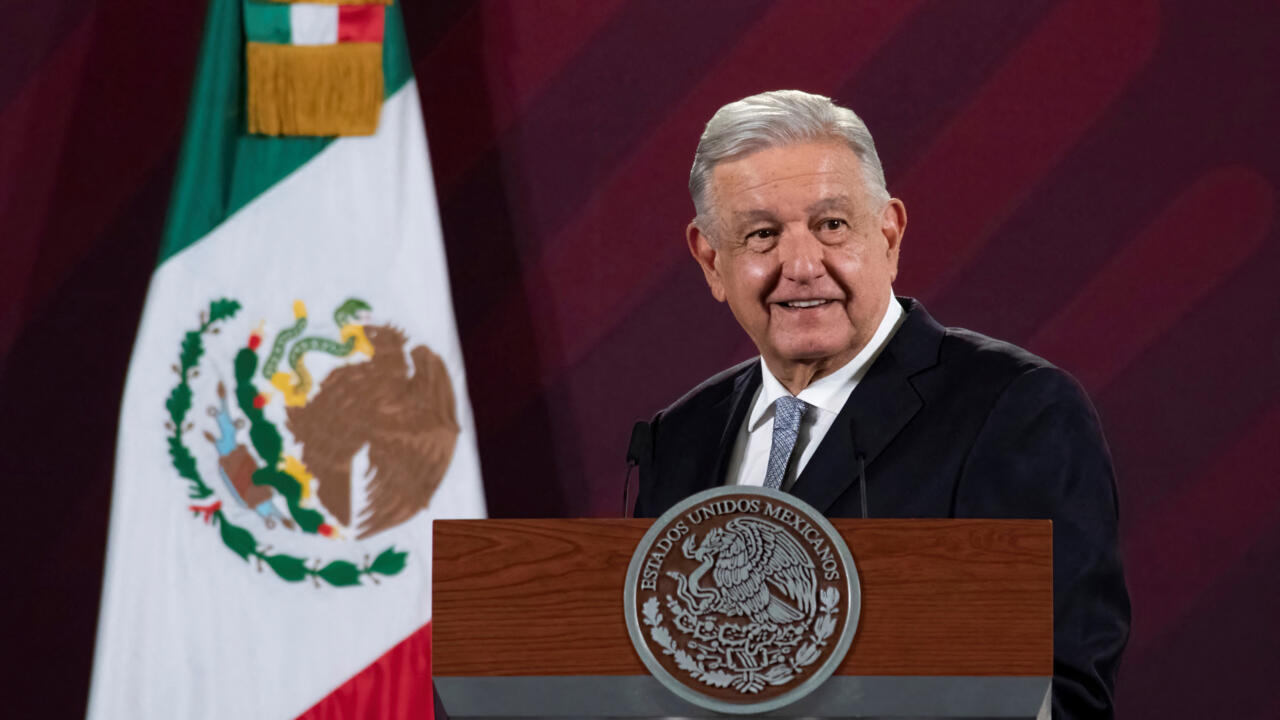Anti-Inflation Plan: Mexico and Latin American Allies Unite Against Inflation

Introduction
Andres Manuel Lopez Obrador, the President of Mexico, has declared intentions to conduct cooperative anti-inflationary measures with other Latin American governments. To tackle product shortages and keep prices low in the face of rising inflation, the alliance aims to boost economic trade and deal with tariffs. President Lopez Obrador said during the news conference, “We are going to carry out a mutually beneficial anti-inflation plan for growth and for economic and commercial exchange with the countries of Latin America.” He added “There will be a teleconference between the presidents on April 5 and then an in-person meeting to discuss the plan.” The statement by Mexican President came after the phone call with President of Brazil Lula da Silva, Colombian President Gustavo Petro, President of Argentina Alberto Fernandez and Cuban President Miguel Diaz Canel.
Background
Many people in the region have been experiencing economic difficulty due to Latin America’s severe inflation crisis. The region has suffered significant inflation over the past few decades, where different countries are experiencing inflation at higher rates. A number of factors have contributed to this, including structural problems including unsound economic policies, rising global commodity prices and significant budget deficits. Latin American officials have used a variety of policies, including price controls and fiscal and monetary policies to fight inflation and encourage economic growth. In an annual report, Preliminary Overview of the Economy of Latin America and the Caribbean, ECLAC estimated that the region’s growth rate for the following year would be a third of that predicted for 2022. Despite regional limitations and global worries, the economies of Latin America and the Caribbean will expand by 3.7% in 2022, just over half of the 6.7% rate recorded in 2021. Economic growth is expected to slow down even more in 2023, reaching a ratio of 1.3%.
 Latin America’s Inflationary Landscape and the New Anti-Inflation Plan
Latin America’s Inflationary Landscape and the New Anti-Inflation Plan
For Latin America as a whole, 2023 is probably going to be a tough year. Growth will only reach 2% this year, according to IMF forecasts, as a result of rising interest rates and falling commodity prices. Consumer and corporate confidence are declining along with a slowdown in employment creation and consumer spending on goods and services. Growth will also be constrained with trading partners, particularly with the United State and the Europe. However, there are still a lot of downside risks, brought on by financial conditions and Russia-Ukraine war. Climate change is another factor, according to a Moody’s Analytics estimate, the effects of climate change might cost Latin America 16% of GDP this century if new policies are not put in place for mitigation. After a projected 3.3% increase in GDP in 2022, it is anticipated that regional GDP will grow by only 1.5% in 2023. Negative external conditions and monetary tightening intended to combat excessive inflation will be the main causes of the slowdown. The anti-inflation plan, according to the president of Mexico will be apply gradually at first before being extended to include neighboring nations like Bolivia, Chile and Honduras. This plan will be implemented by inviting wholesalers, merchants, importers and other people will be called who deal in and understand food, can set pricing and eliminate obstacles like tariffs that make it challenging to purchase it at a fair price.
Conclusion
As inflation remains a major challenge in the region, continued efforts are required to ensure long-term economic stability. Due to the current development in regional integration, it is important that all the countries work together to formulate and implement shared policies and strategies to lower inflation. Governments of Latin American countries should increase support through carefully targeted strategies to mitigate the effects of inflation on the poor, i.e. by implementing supply-side policies which increase productivity. Furthermore, to boost economic activity in the region and to satisfy social concerns, it is important to take steps that can generate employment opportunities which will contribute in reducing inequality and poverty. Moreover, innovative governmental policies on productive, financial, trade and social issues are required not only to deal with inflation, but also for overall economic growth and long-term socio-economic stability in the region.